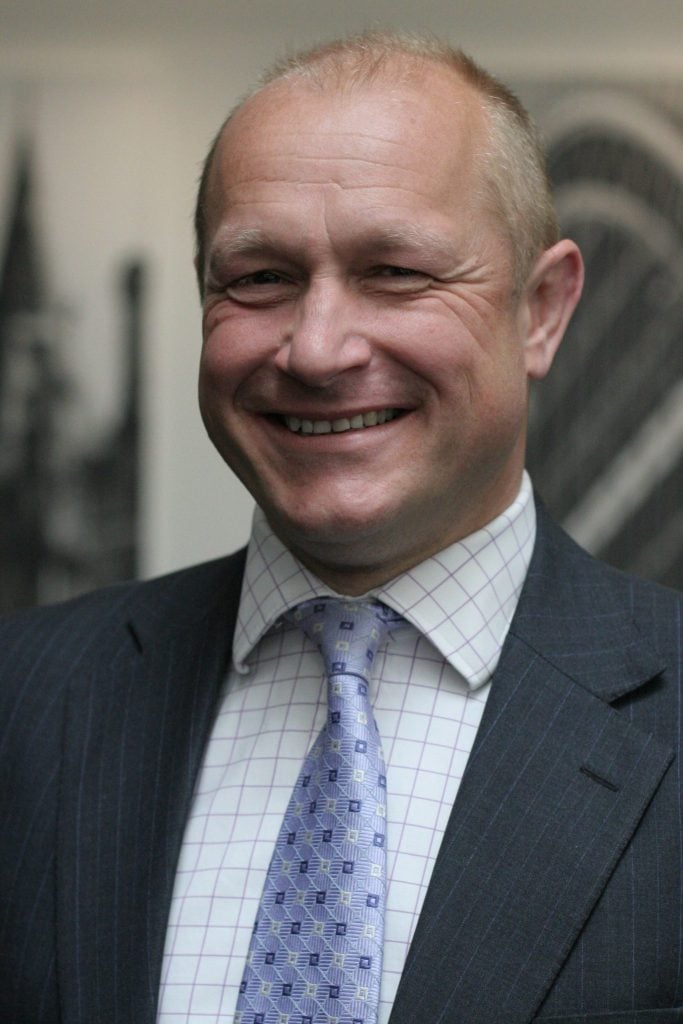Echocardiography and Heart Failure

We put some common questions to Dr Rick Steeds, Consultant Cardiologist, Queen Elizabeth Hospital Birmingham and Chair of the British Society of Echocardiology (BSE) about Echocardiography and heart failure
Alongside his practice in general Cardiology, Rick sub-specialises in cardiac imaging and the management of valvular heart disease. He very kindly, and purposefully answers our questions to ensure that the entire heart failure community has a clearer understanding of the importance of echocardiography as a gold-standard diagnostic tool for heart failure. He believes in health literacy as much as we do.
1 – What is an echocardiogram?
An echocardiogram is an ultrasound scan specifically for assessment of the heart.
2 – How is heart failure diagnosed with an echocardiogram?
An echocardiogram can measure when the heart is too big or is not contracting well.
The usual measurement that is used by heart specialists is the ‘ejection fraction’, although there are several others than can be used.
As a rough measure, heart function is considered abnormal when less than 50-55%.
3 – Why is an echocardiogram recommended as a ‘gold standard’ tool for heart failure diagnosis?
It is not only able to identify impaired heart function but also able to do a number of other things, include diagnose the cause of heart failure in most cases, help to predict life expectancy, and identify those who would most benefit from treatment with certain drugs and advanced pacemakers. Echocardiography is often repeated to work out a patients’ response to treatment. It does this without radiation (it is the same ultrasound technique that is used to monitor pregnancy), is non-invasive, can be used by the bed and in a hospital department or in the community.
4 – Do all heart failure patients receive an echocardiogram?
Yes, all heart failure patients should have an echocardiogram on their first presentation.
5 – How often should heart failure patients receive a echocardiogram?
If a heart failure patient is well, they would not need an echocardiogram regularly. It would be needed if they became unwell or to see if they has responded to a treatment.
6 – Who performs the echocardiogram?
Most echocardiograms (>90%) in the UK are not done by doctors but are done by specialised echocardiographers.
The large majority have trained first as cardiac physiologists and then done a further 2 or 3 year period of sub-specialty training in echocardiography.
7 – Who interprets the echocardiogram?
In almost all (>90%), the echocardiographers performs the study and reports it straight away.
8 – How long do patients wait, on average, for an echocardiogram?
This is very variable across the UK.
There is a government requirement to do these tests within 6 weeks of the request but many Departments are struggling to keep within that time frame.
For patients in-hospital, it may be anything from 1-7days.
9 – Are the machines portable units?
Yes, which is one of the reasons why it is a good test.
Most Departments prefer to do the echocardiogram in a special room however, as this means that the light can be turned down and a special bed used to make sure the best pictures are produced.
10 – If we imagine a world without echocardiograms, what kind of heart conditions would be missed?
In one of the main studies, the use of echocardiograms halved the rate that specialist Cardiologists got the diagnosis wrong.
Almost all diagnosis would be worse but particularly after heart attack, valve failure, cardiomyopathy, inherited disease… you name it!

